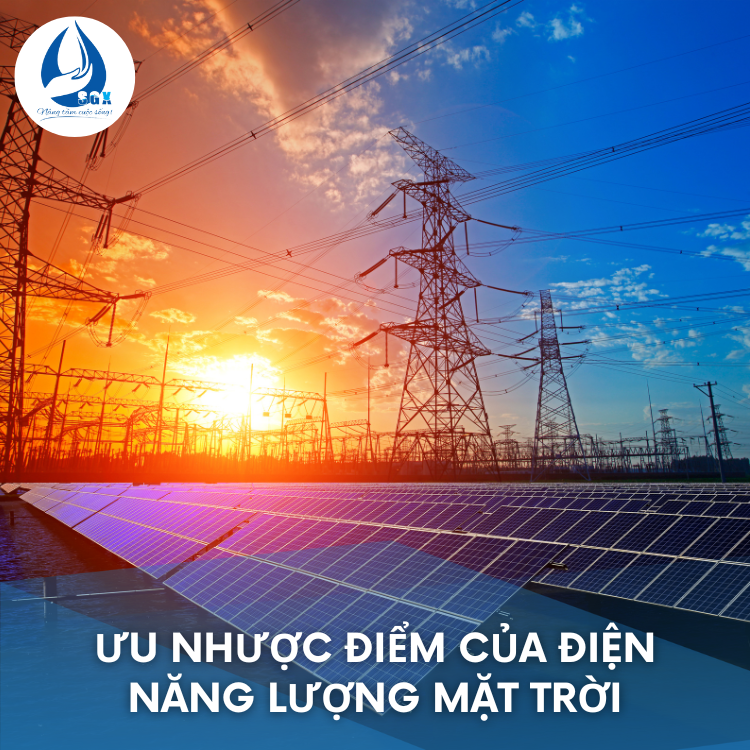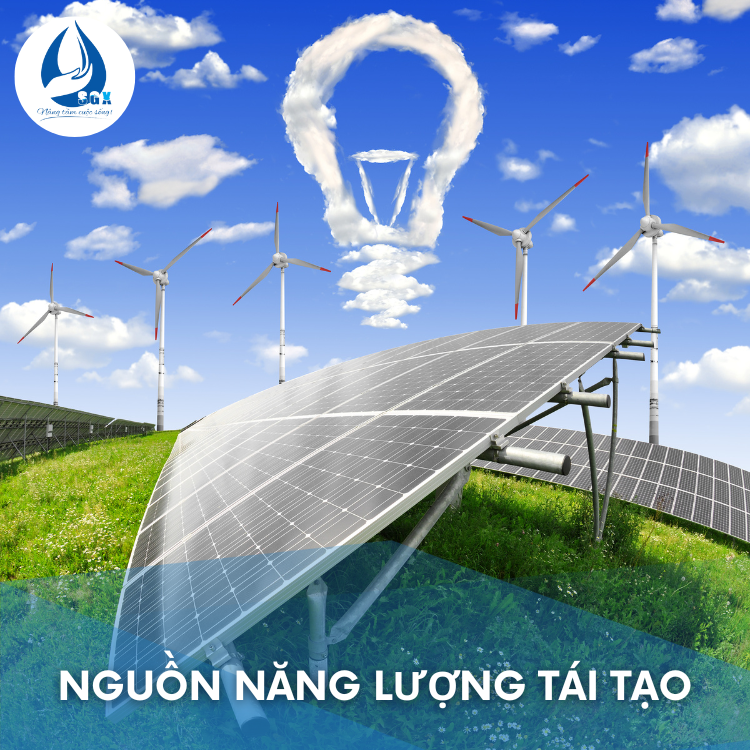The Pros and Cons of Solar Energy You Should Know
In the context of traditional energy sources depleting and causing serious environmental consequences, the demand for renewable energy sources is significantly increasing. Among the renewable energy sources, solar energy is receiving special attention. Solar energy systems are considered a promising solution for providing clean, sustainable energy and reducing carbon emissions. However, like any technology, solar energy also has its advantages and disadvantages that need to be considered.

Advantages and Disadvantages of Solar Energy:
Advantages:
Renewable Energy Sources:
- Solar energy utilizes an unlimited renewable energy source from sunlight.
- The sun emits a significant amount of energy, and the use of solar power helps reduce dependence on fossil fuel energy sources.
Sustainability and Non-Polluting:
- Solar energy systems do not produce greenhouse gas emissions or contribute to air pollution.
- The use of solar energy helps reduce carbon emissions, protecting the environment and human health.
Cost Savings:
- Although the installation of a solar energy system requires an initial investment, it offers significant cost savings in the long run.
- However, after the initial investment, the operating and maintenance costs of a solar energy system are typically lower compared to traditional energy systems.
- This helps save on monthly electricity costs and generates long-term economic benefits.
Disadvantages of Solar Energy:
Dependency on Weather Conditions:
- Solar energy relies on sunlight, and its production is directly affected by weather conditions.
- During rainy days, cloud cover, or nighttime, the electricity generation efficiency can be significantly reduced.
- This can impact the system’s ability to provide a stable power supply.
Initial Investment Cost:
- While the operating and maintenance costs of a solar energy system are low, the initial installation still requires a significant investment.
- This can be a barrier for individuals and organizations without the financial capacity for the upfront investment.
Intermittency:
- Solar energy is not continuously generated throughout the day and night.
- The sun only shines during certain periods of time. Therefore, solar energy systems need to be combined with energy storage methods such as solar panels or energy storage systems to ensure a continuous power supply.
The role of solar energy systems in renewable energy is significant.
Solar energy systems play a crucial role in the development and utilization of renewable energy. The use of solar power helps reduce reliance on fossil fuel sources such as coal, oil, and natural gas. Solar energy contributes to the reduction of carbon emissions and air pollution, while also protecting the environment and human health.

Solar energy systems also play a crucial role in ensuring a stable power supply and reducing the occurrence of power outages. Solar energy is used to provide electricity for:
- Remote areas
- Locations that are far away where the electrical grid is inaccessible.
At the same time, it also serves as a supplementary solution for traditional power systems. It helps reduce the load on the power grid and minimizes the risk of power outages.
Solar energy brings numerous significant advantages, such as:
- Renewable Energy Source
- Environmentally Friendly
- Cost-Effective
However, it also has drawbacks, such as dependence on:
- Weather conditions
- Initial investment costs.
With its crucial role in renewable energy and the ability to provide stable electricity, solar energy systems actively contribute to reducing dependence on fossil fuels and protecting the environment.
Điện năng lượng mặt trời Sài Gòn Xanh – Nâng tầm cuộc sống!
- TƯ VẤN – KHẢO SÁT – THI CÔNG
- 0976 123450 (phím 1), 096 5594559
- Website: solarsgx.vn
- Fanpage:Điện năng lượng mặt trời Sài Gòn Xanh
- Địa chỉ: 21 Sến Quỳ, Ninh Sơn, Thành phố Tây Ninh, Tây Ninh





